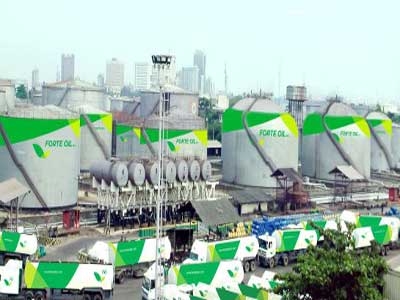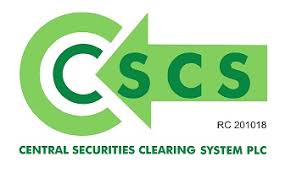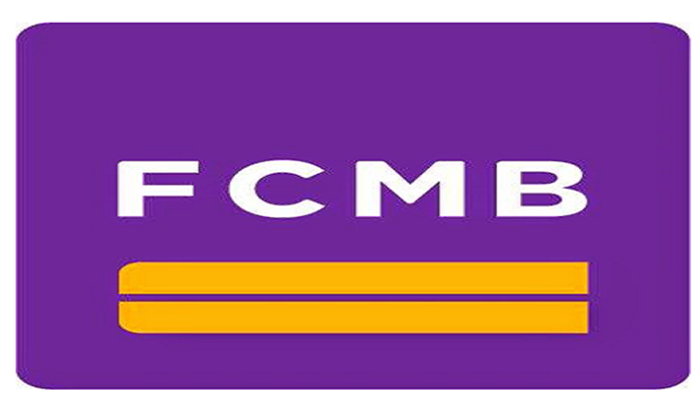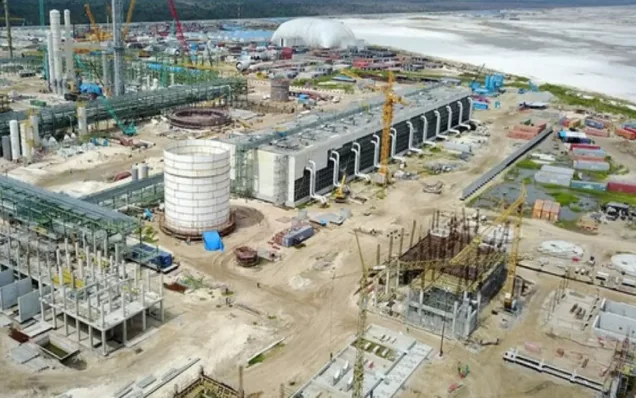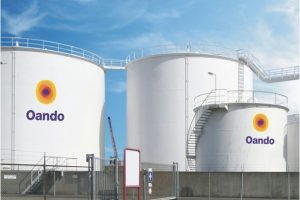April 3, 2019/InvestmentOne Report
· Improved Topline Performance of N39.89 billion, up 20.9% q/q; 120.0% y/y.
· Declining gross profit margin of 7.2%, down 122bps q/q; 744bps y/y.
· Mixed Opex/sales ratio of 6.9%,up 92bps; down 179bps y/y.
· Profit before tax of 382.6 million, from a loss of N14.9 million in Q3 2018; down 84.9% y/y.
Last week, Forte Oil released its Q4 2018 result. The report displayed a yearly advancement in sales, in comparison to Q4 2017 as restated, following the company’s divestment plans. The performance was attributable to increased sales from its major product, fuel, following the increased availability of the product.
Decline in Net Finance Income Bites into PBT
With the exclusion of upstream, power generation and downstream (Ghana) operations, topline performance improved by 120.0% y/y to print at about N40 billion in Q4 2018. This was driven by a y/y boost in the sales of the firm’s major product, fuel, as well as lubricants. We believe this may have been reflective of the FG’s commitment to sustain a steady supply of PMS, in contrast to the scarcities experienced in the preceding year. The CBN’s efforts to defend the naira from significant fluctuations also supported the supply of the product. Gross profit margin (GPM) was down by 744bps to 7.2% as increase in cost of sales outweighed revenue growth. This was largely attributable to the 15.57% decline in gross profit in the fuel segment, delivering a 5.7% GPM for the product.
Down the P&L line, a combination of a 74.7% rise in net operating expenses coupled with a significant reduction in net finance income to N264 million drove the company’s PBT down by about N2.1 billion to N383 million. The finance cost performance may not have been unconnected with a reclassification of interest expense on bank loans in 2017, printing at N2 billion in FY 2017 vs N3 billion in 9M 2017. This drove net finance income up to a high base in Q4 2017.
PBT Rises as Net Finance Income Offsets Rise in Operating Expenses
On a sequential basis, gross profit margin dipped by 122bps q/q to 7.2% following only a modest 21% growth in company sales. Net opex/sales was up by 92bps to 6.9%, majorly driven by a 36.2% rise in administrative expenses.
PBT for the period surged by about 398% q/q to N383 million from a loss position of N14.9 million. This was largely driven by a net finance income of N264 million from a net finance cost position of N818 million in the preceding quarter.
FY 2018 Performance
Looking at the FY 2018 figures, the company’s revenue was up 56.3% y/y to N134.7 billion. However, gross profit margin seemed to be weighed down by cost pressures, particularly in the fuel segment. As a result, the company’s gross profit margin fell by 324bps y/y to 8.4%.
Nonetheless, a combination of 16.8% y/y rise in net opex coupled with a N1.2 billion increase in net finance cost was enough to bite into the firm’s profitability. Consequently, the company recorded a 170bps y/y drop in PBT margin to 0.6% and a Profit Before Tax of N759million in FY 2018 from N1.9billon in FY 2017.
Divestment Strategy Reveals Glaring Profitability Risks
We highlight that the PBT recorded in FY 2018 was significantly low when compared to the figure generated from discontinued operations; N6.5billion, compared to N382.6million attributed to continued operations. The discrepancy is largely credited to the more profitable business segment (power); which is classified as held for sale.
Notably, the performance of discontinued operations in FY 2018 was relatively impressive. Revenue fell by about 8% y/y, while PBT margin printed slightly lower at 16.4%; significantly higher than the margin corresponding to continued operations. We opine that the lower turnover could be as a result of the intention of the company to sell this business line. As such, less productive activities might have been undertaken in this business line.
Outlook
Going forward, we remain concerned about the company’s ability to improve its profit margin after the Board’s decision earlier in the year to divest from its upstream, power generation and downstream business (Ghana).
We believe the company’s strategy to focus on its downstream marketing business may prove difficult, given the inherent challenges faced by companies in the subsector, as regards importation of petroleum products. Nonetheless, we see some positivity in the FG’s recent commitment to sustain availability of the product.
We opine that the company’s plan to scale up its fuel business in anticipation of a probable deregulation of the sector after the completion of Dangote refinery projects presents an upside risk for the company. Also, proceeds from the sale of existing businesses should provide adequate funding for the company without necessarily exacerbating its debt position.
Although Forte Oil is constrained by its inability to import PMS or control prices in the near term, we expect the company to see support from the NNPC’s drive to increase the availability of petroleum products despite the administration’s unwillingness to alter the current PMS pricing template.
|
Forte Oil Plc Q4 2018/FY 2018 figures YE: DEC 31 (N millions) |
Q4 2018 |
Q/Q |
Y/Y |
FY 2018 |
Y/Y |
|
|
Sales |
39,892 |
20.9% |
120.0% |
134,704 |
56.3% |
|
|
Cost of Sales |
-37,021 |
22.6% |
139.2% |
-123,375 |
62.1% |
|
|
Gross Profit |
2,871 |
3.4% |
8.2% |
11,329 |
12.8% |
|
|
Gross margin |
7.2% |
-122bps |
-744bps |
8.4% |
-324bps |
|
|
OPEX |
-2,752 |
39.4% |
74.7% |
-8,650 |
-16.8% |
|
|
Opex/sales |
6.9% |
92bps |
-179bps |
6.42% |
-217bps |
|
|
Net Finance cost/income |
264 |
132.3% |
-81.7% |
-1,921 |
-177.7% |
|
|
PBT |
383 |
2,663.6% |
-84.8% |
759 |
-52.4% |
|
|
PBT margin |
1.0% |
100bps |
-1,300bps |
0.6% |
-170bps |
|
|
Tax |
-298 |
-10,245.9% |
46.7% |
-397 |
37.3% |
|
|
Tax rate |
77.8% |
-5851bps |
-5568bps |
52.3% |
1979bps |
|
|
PAT |
85.0 |
577.4% |
-95.7% |
361.5 |
-72.5% |
|
|
PAT margin |
0.2% |
27bps |
-1063bps |
0.3% |
-126bps |
|
Source: Company financials, Investment One Research




